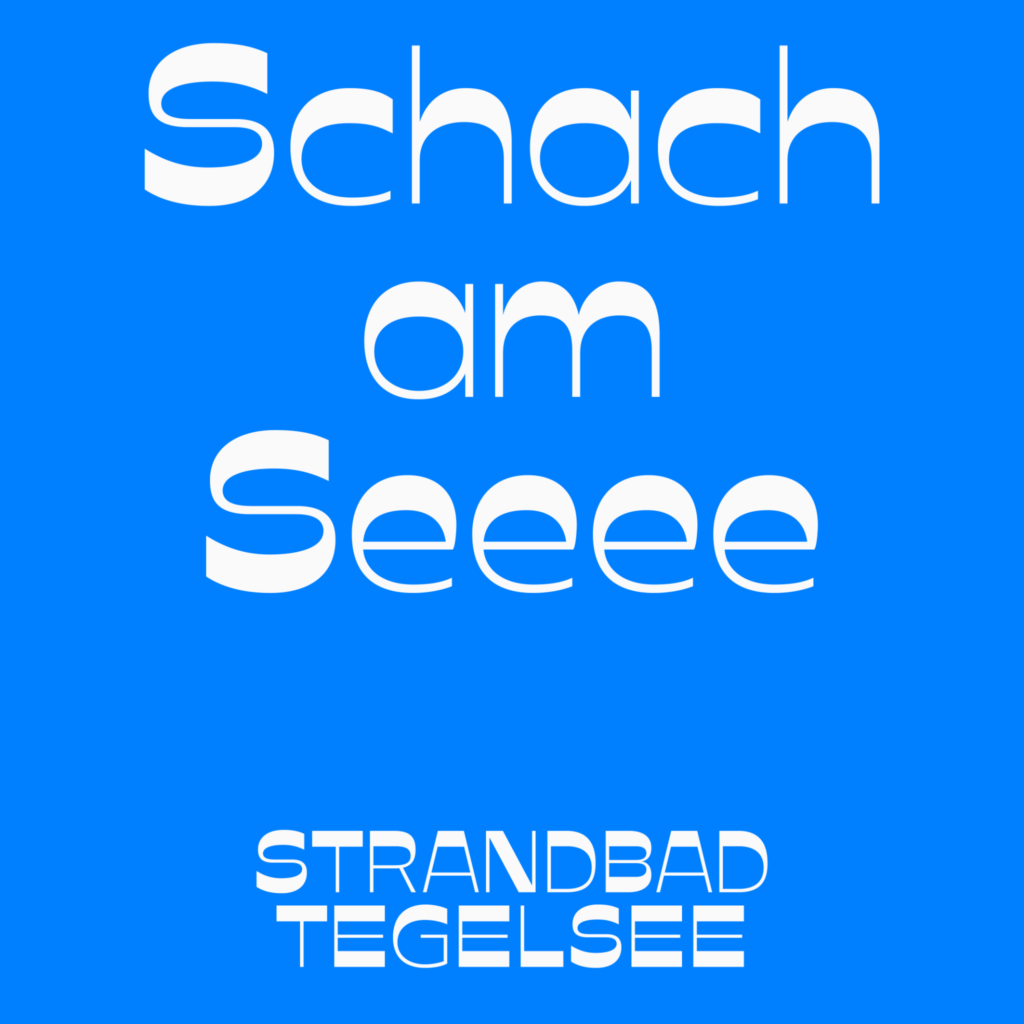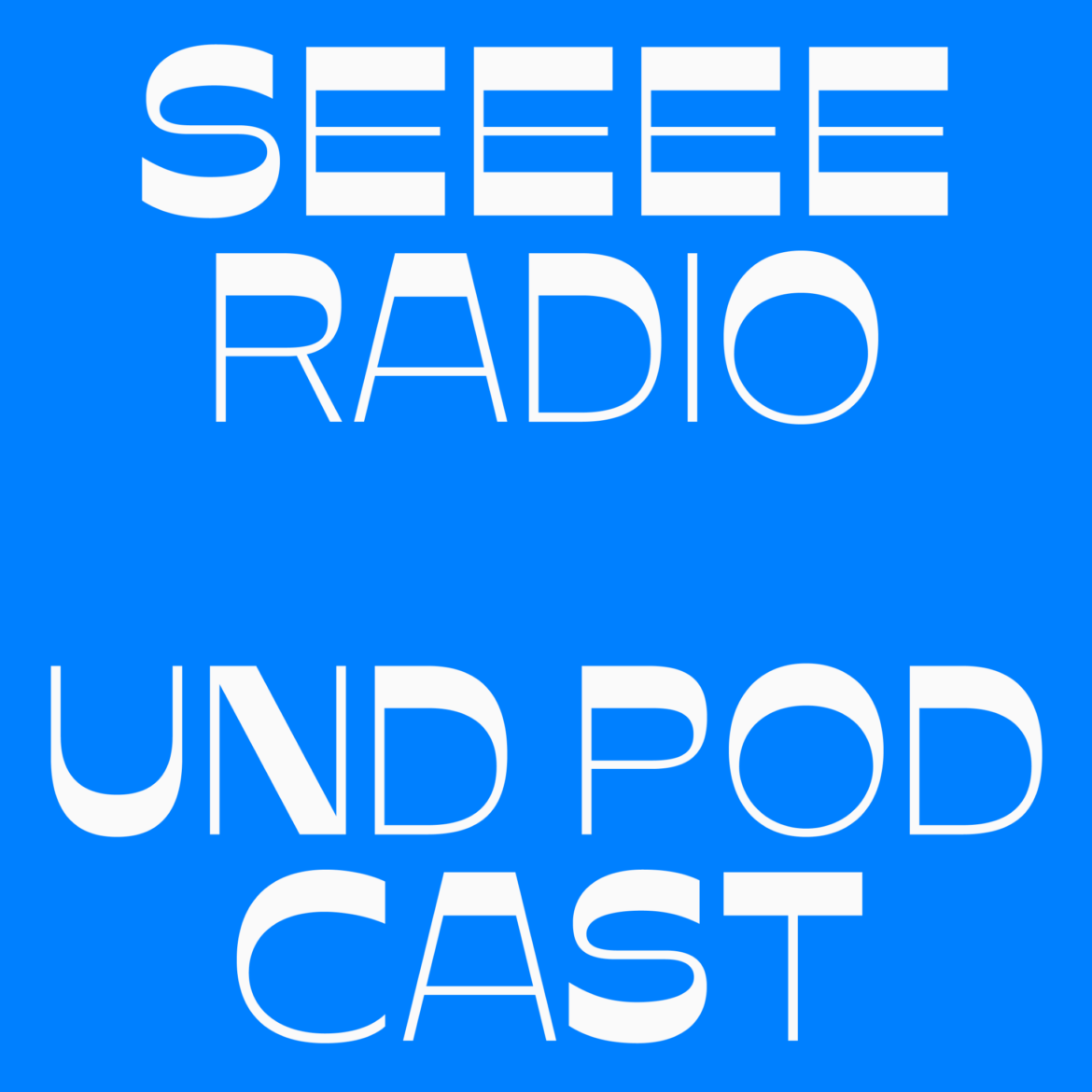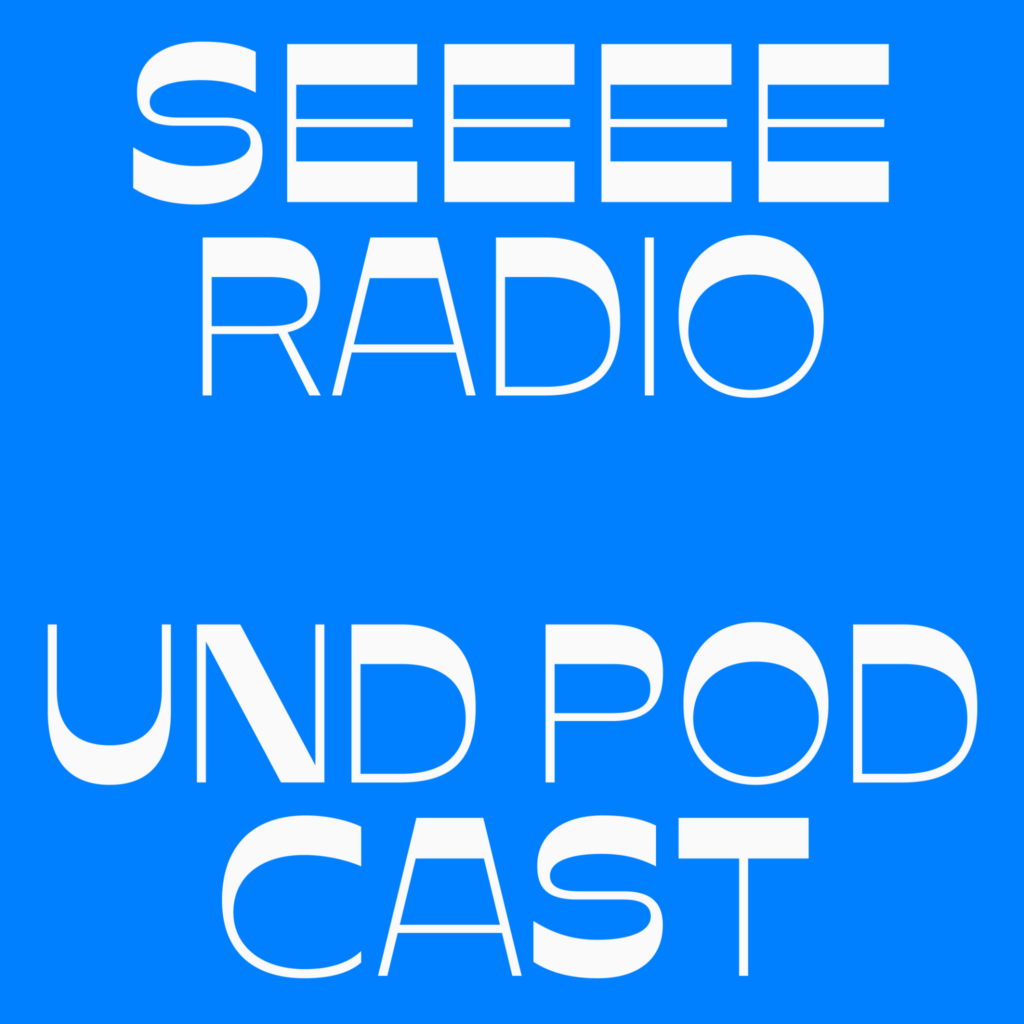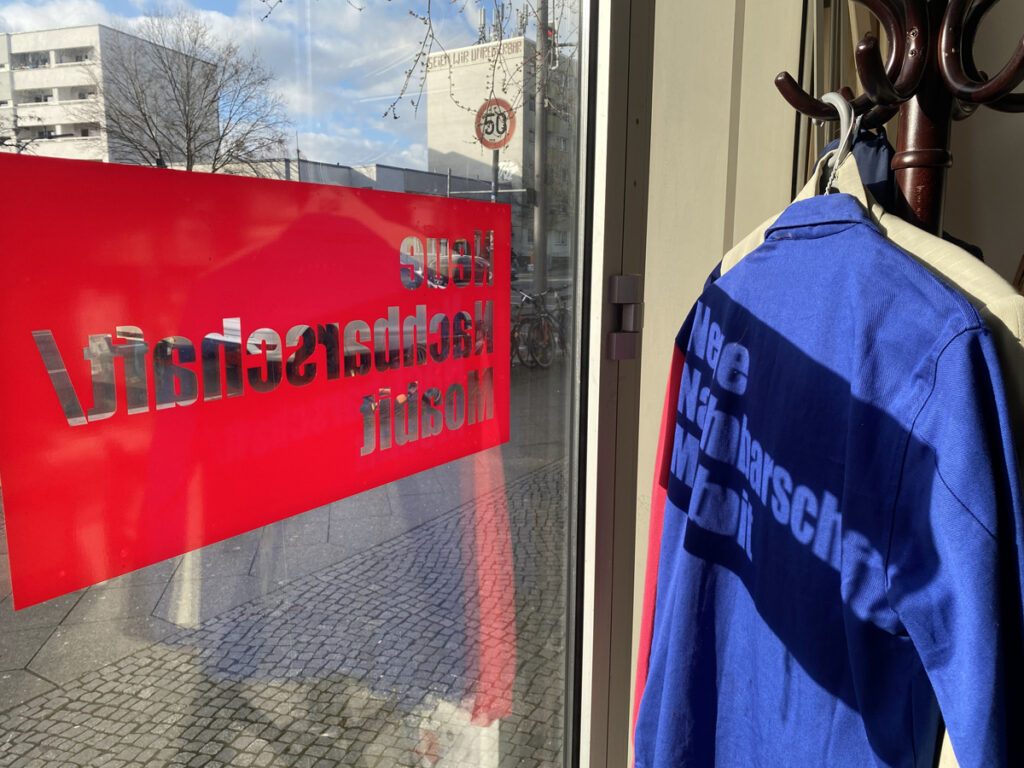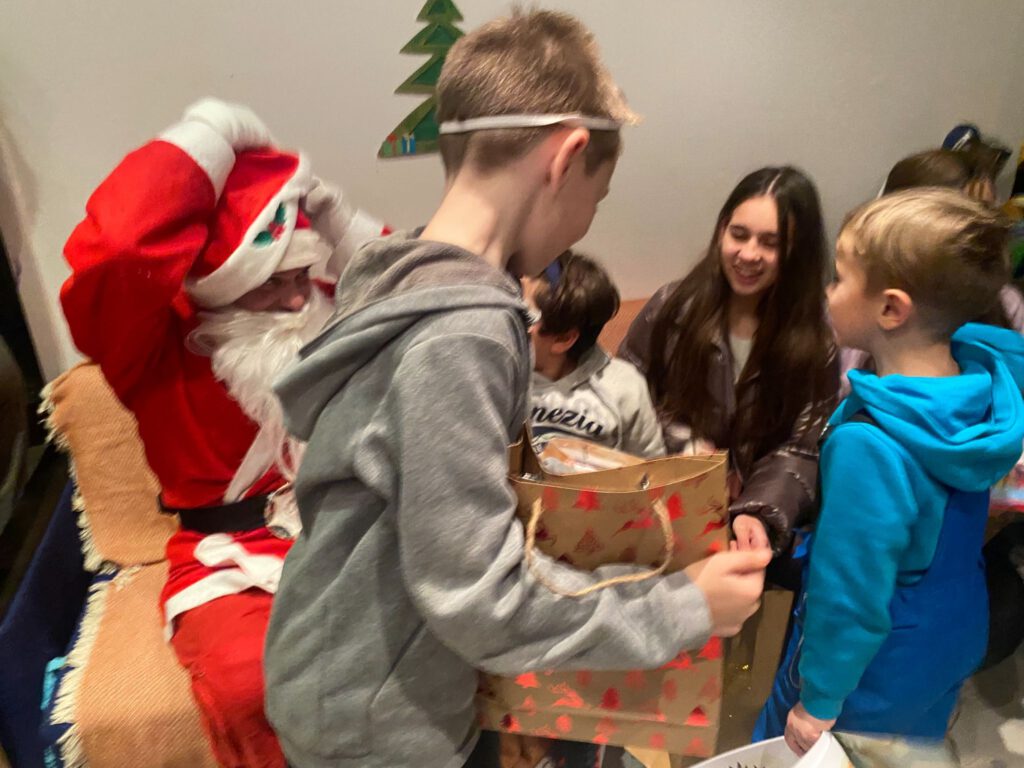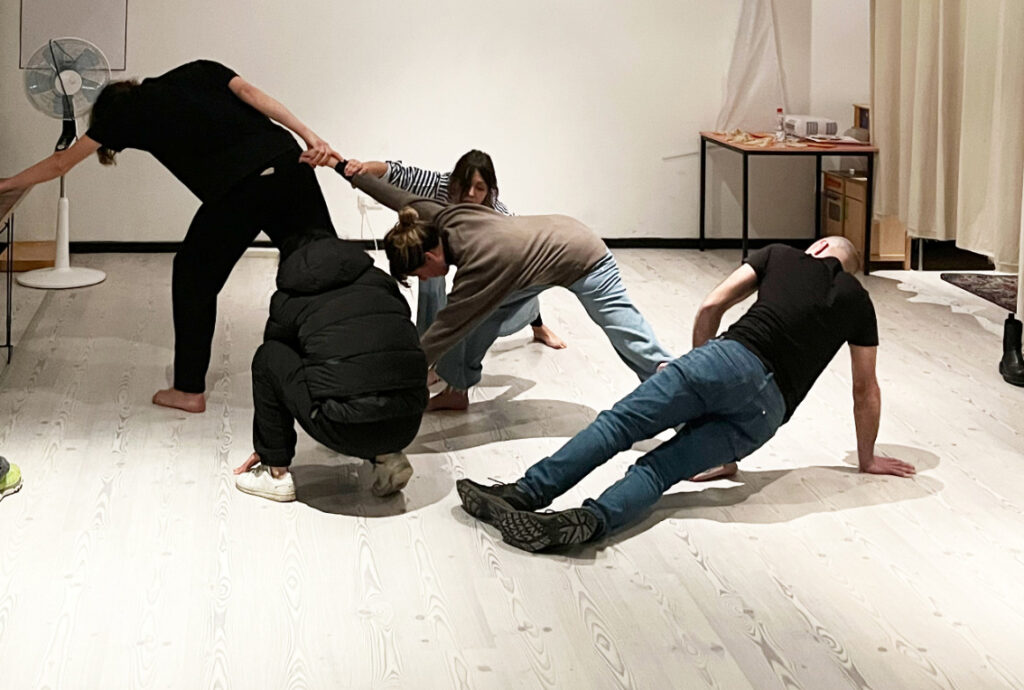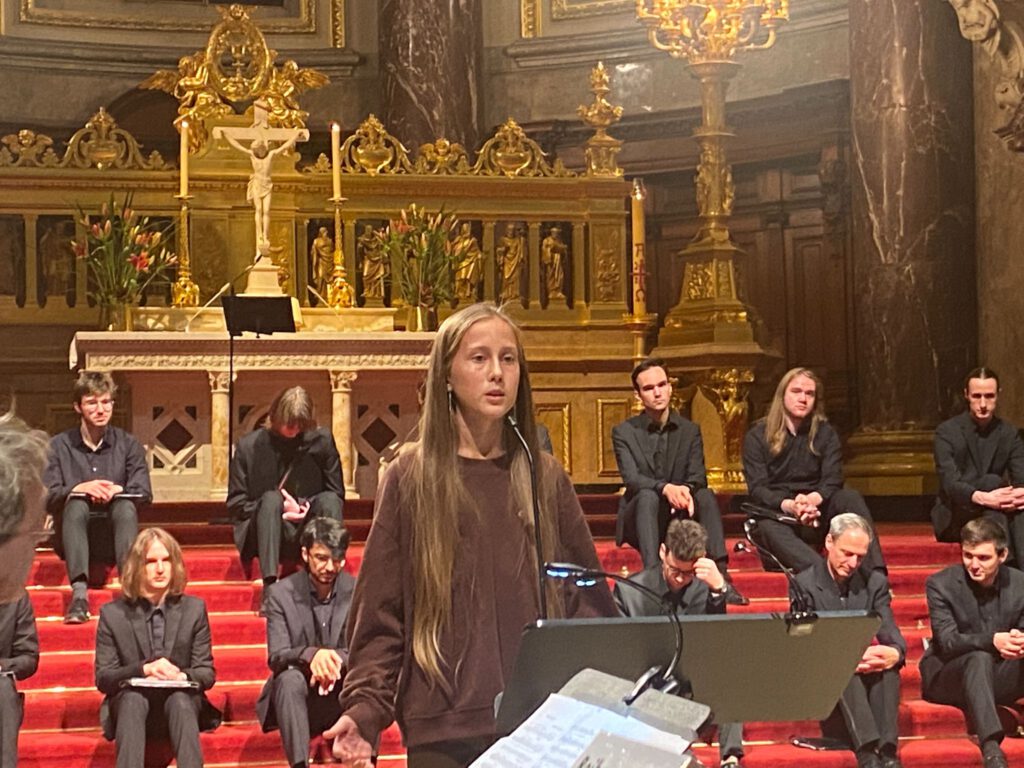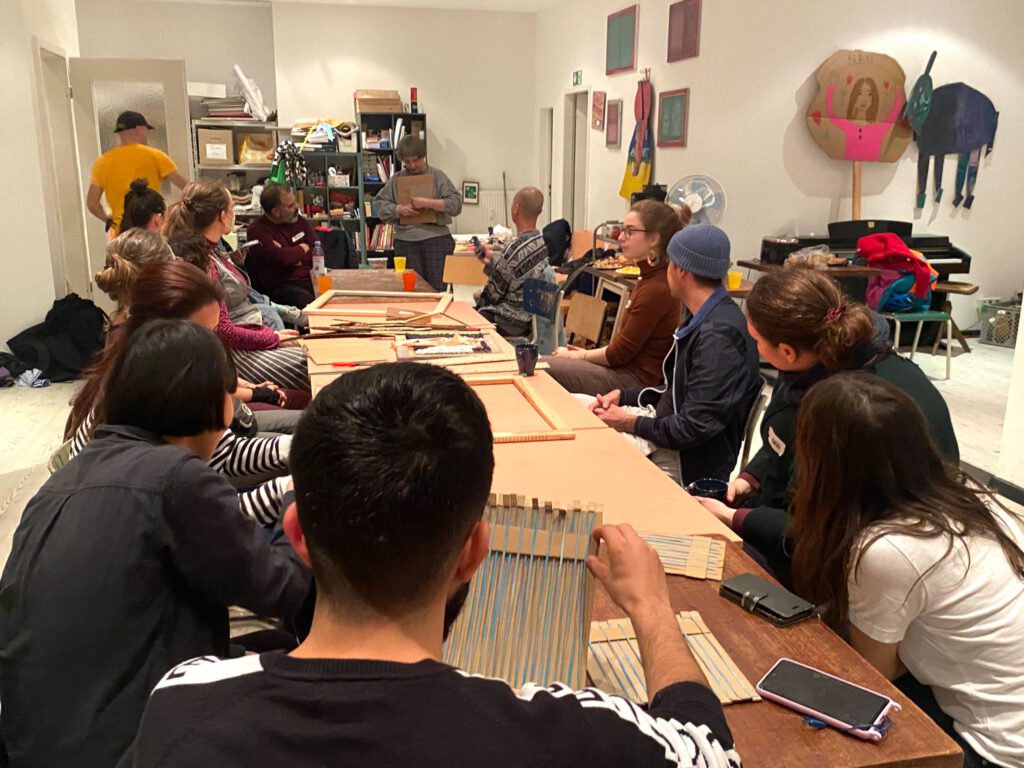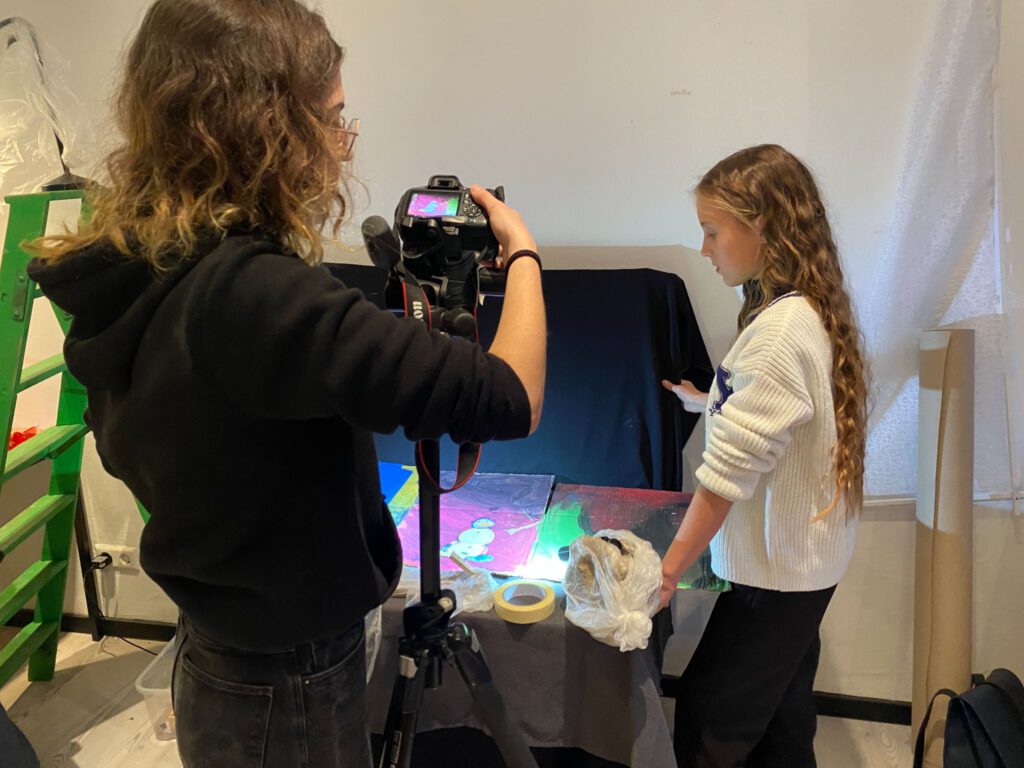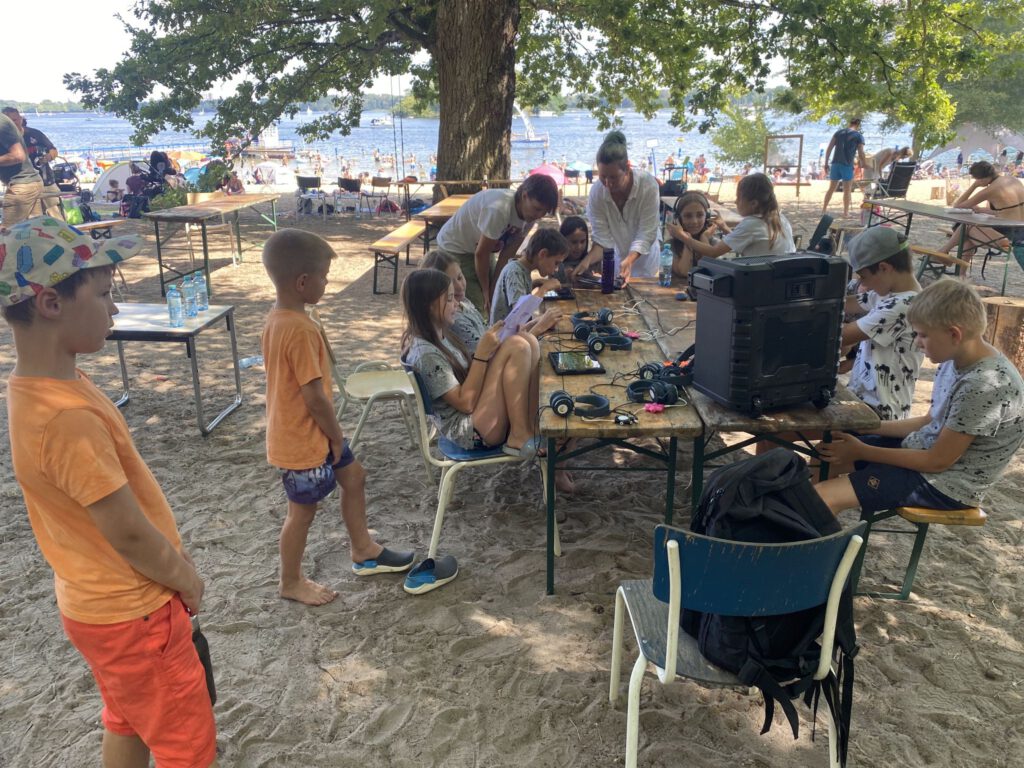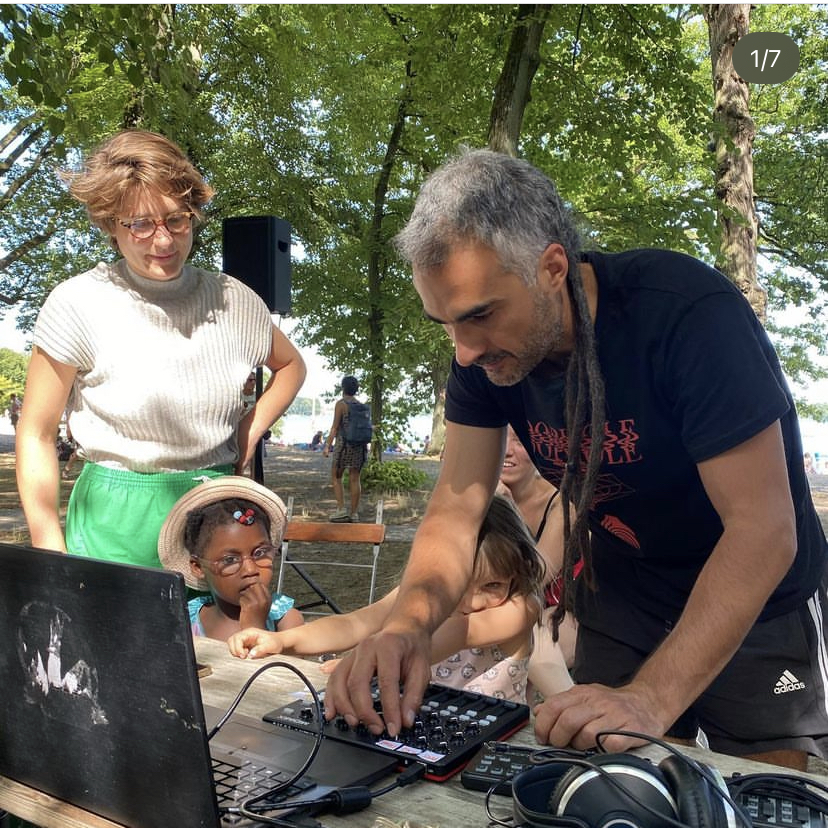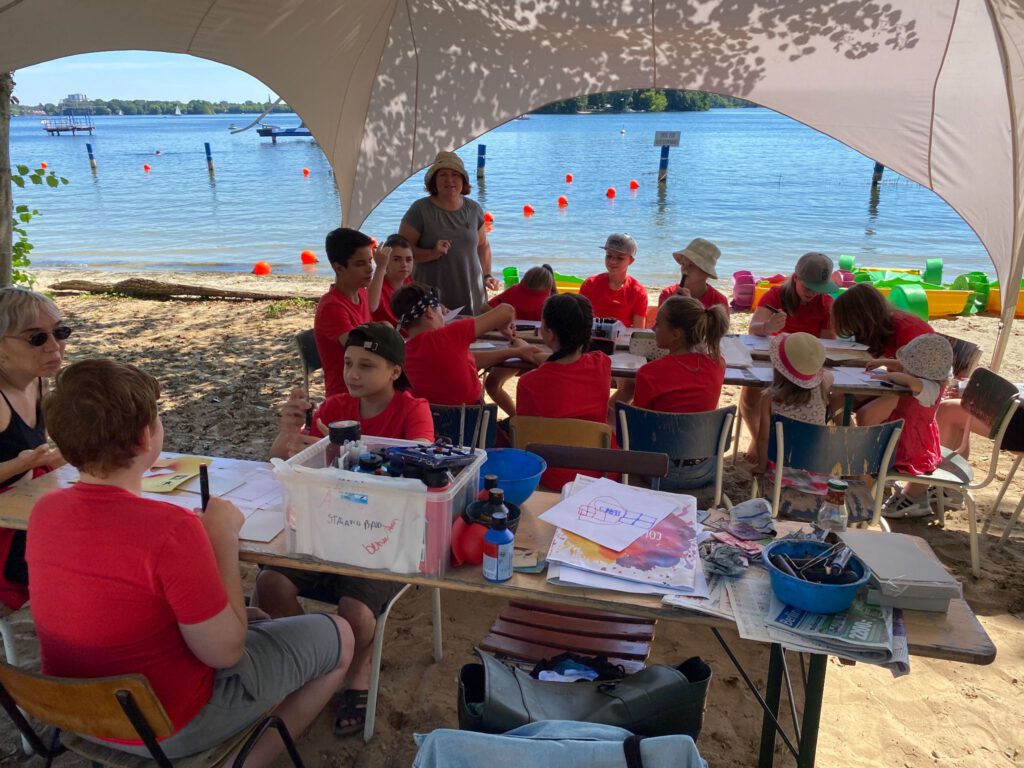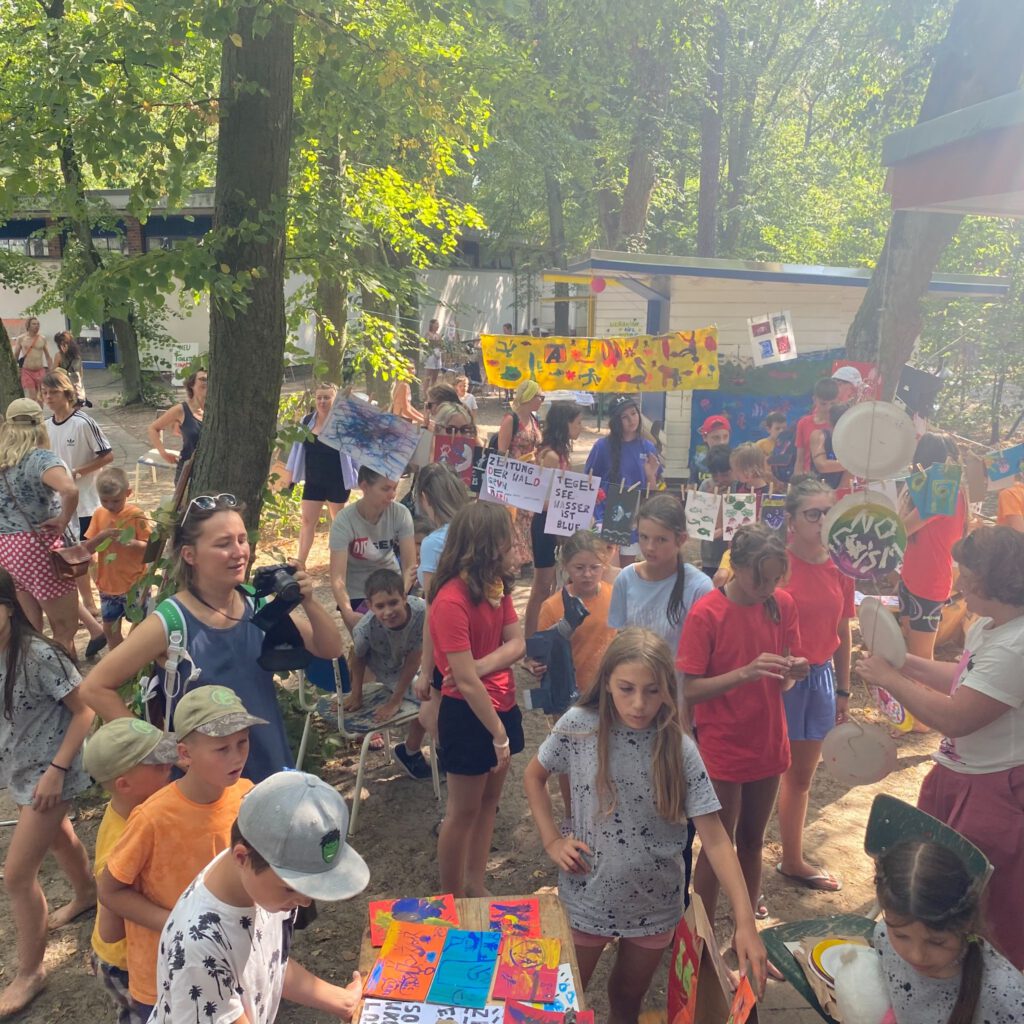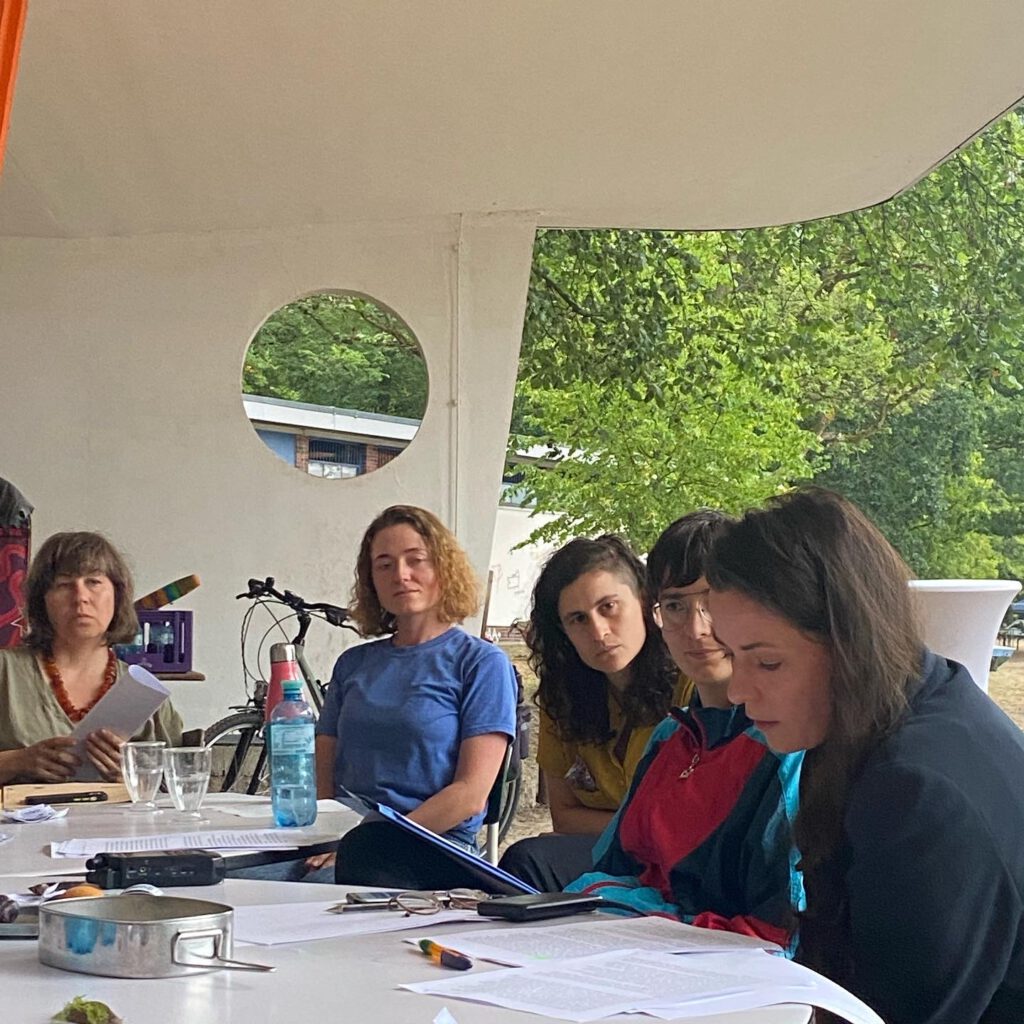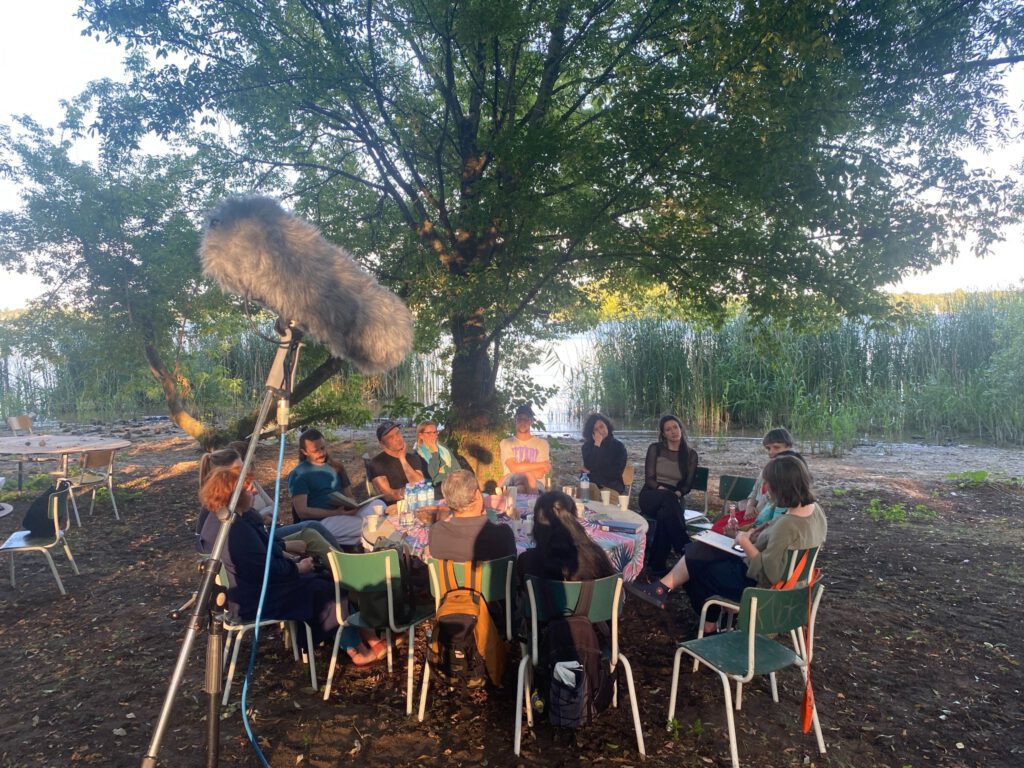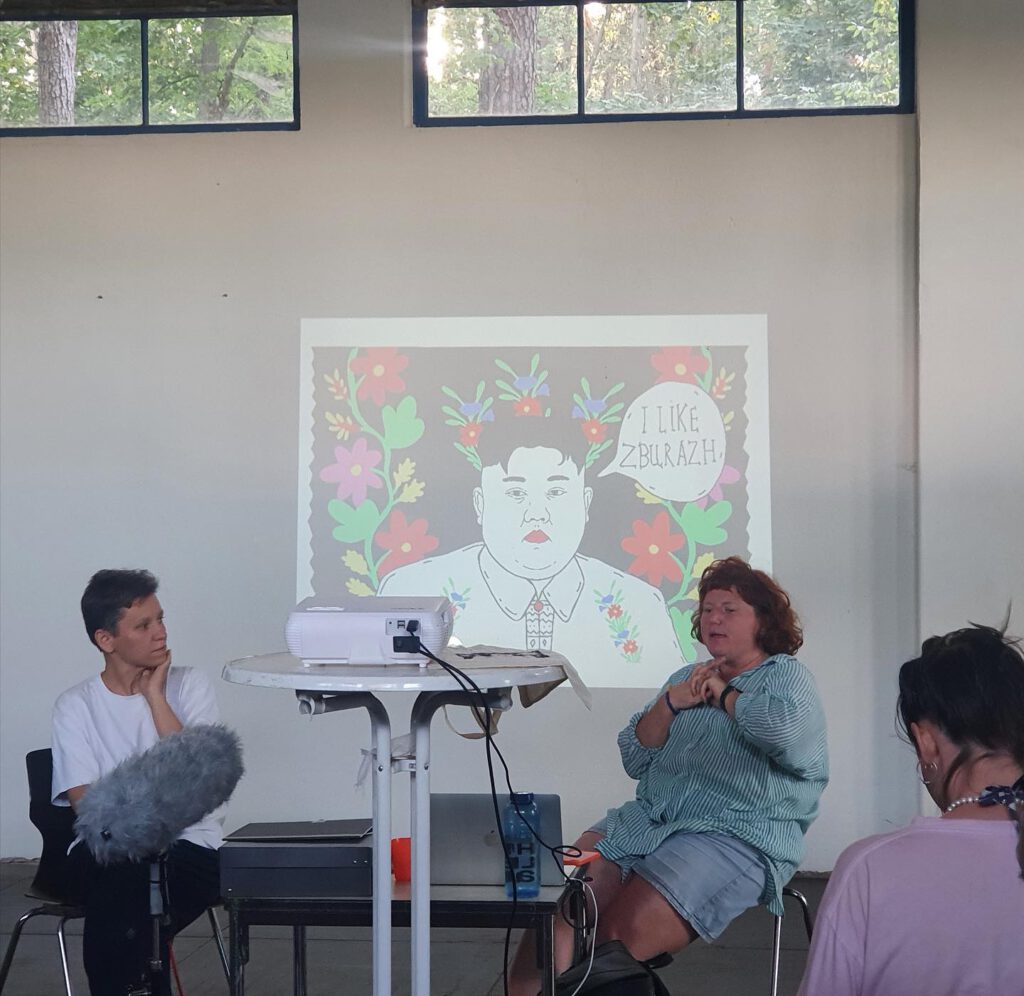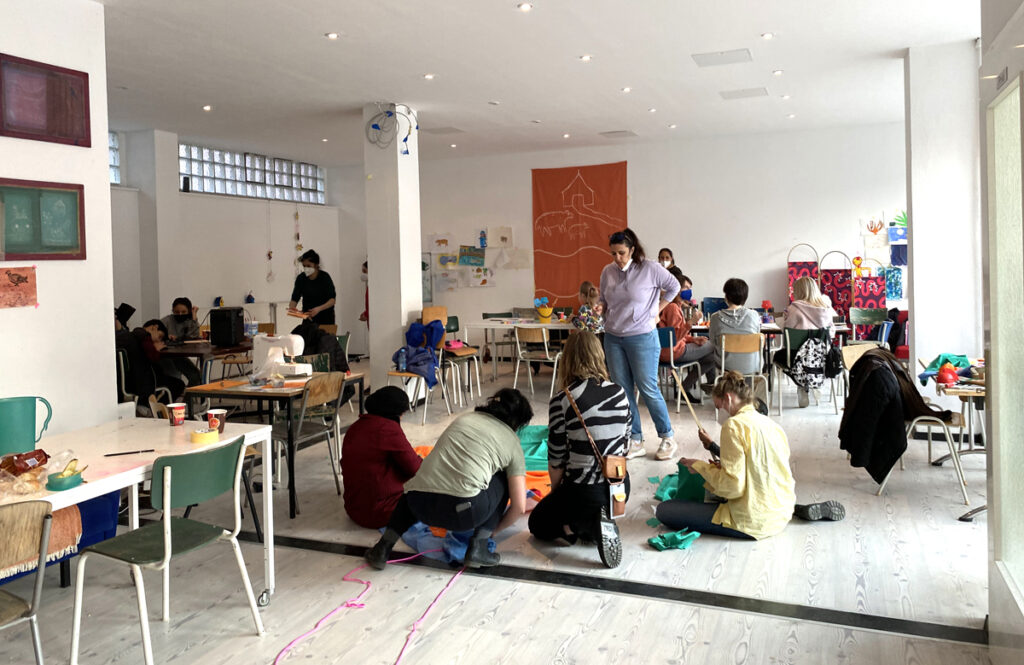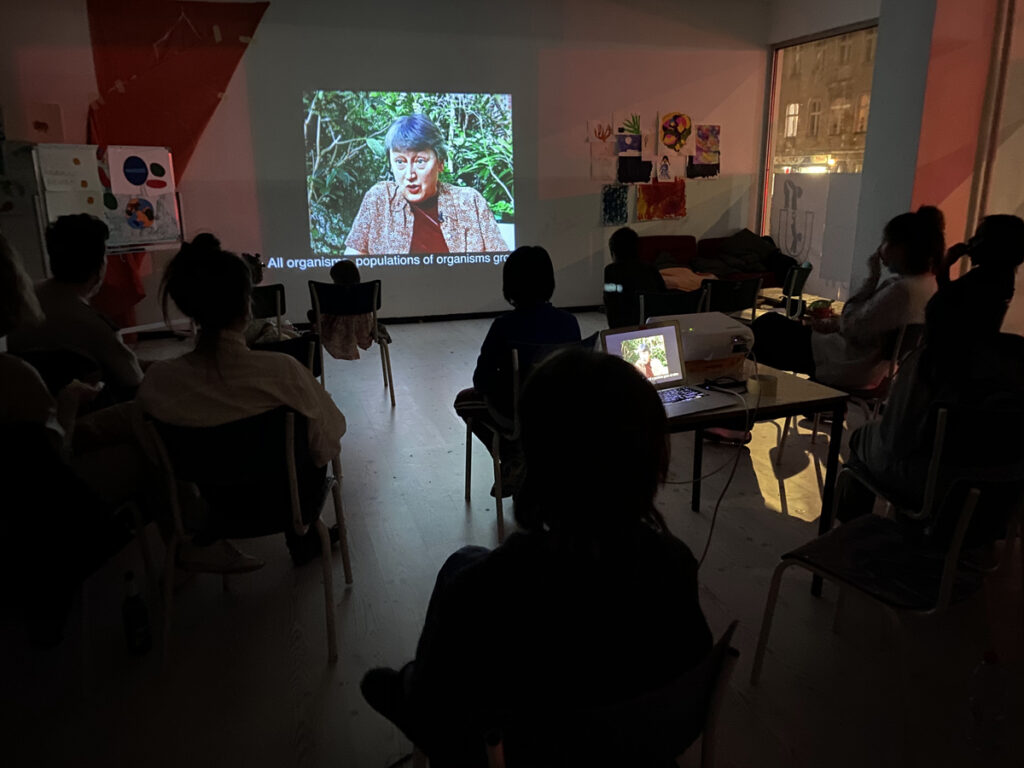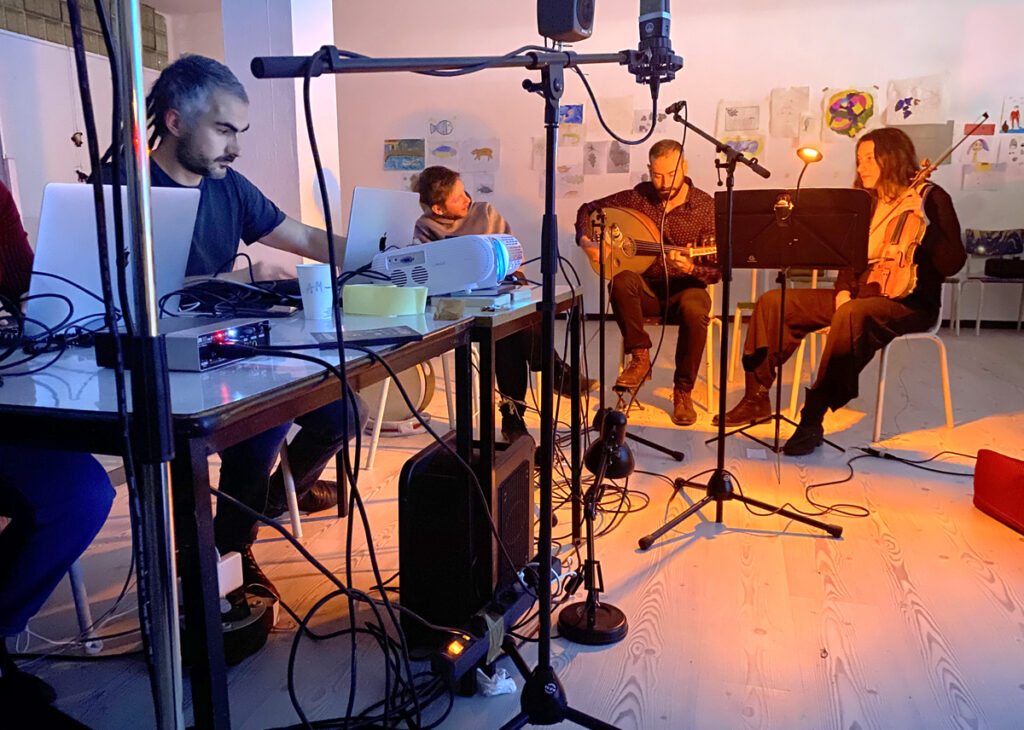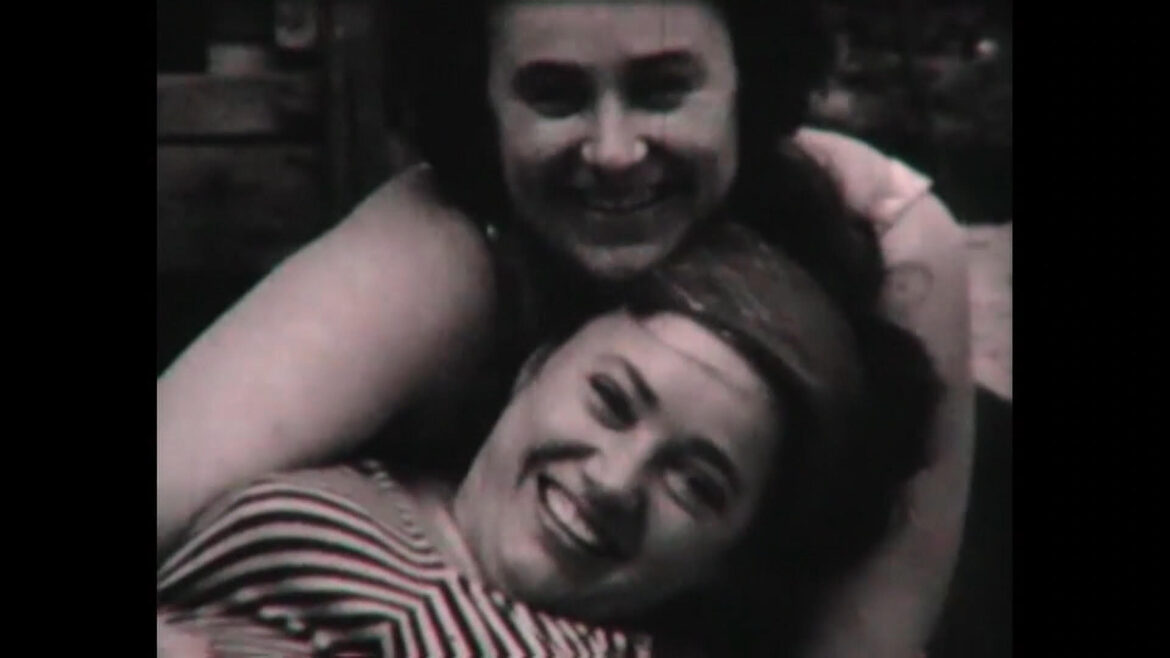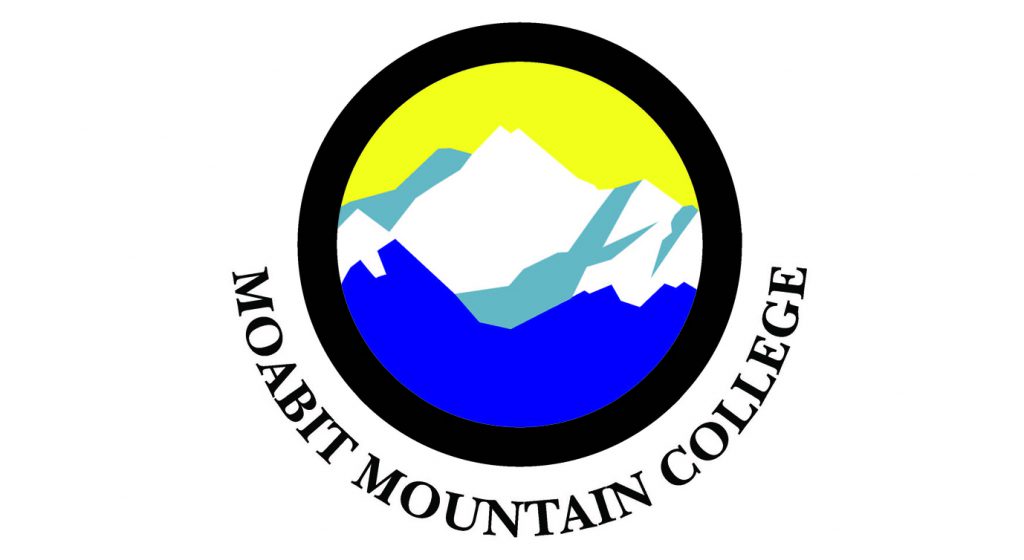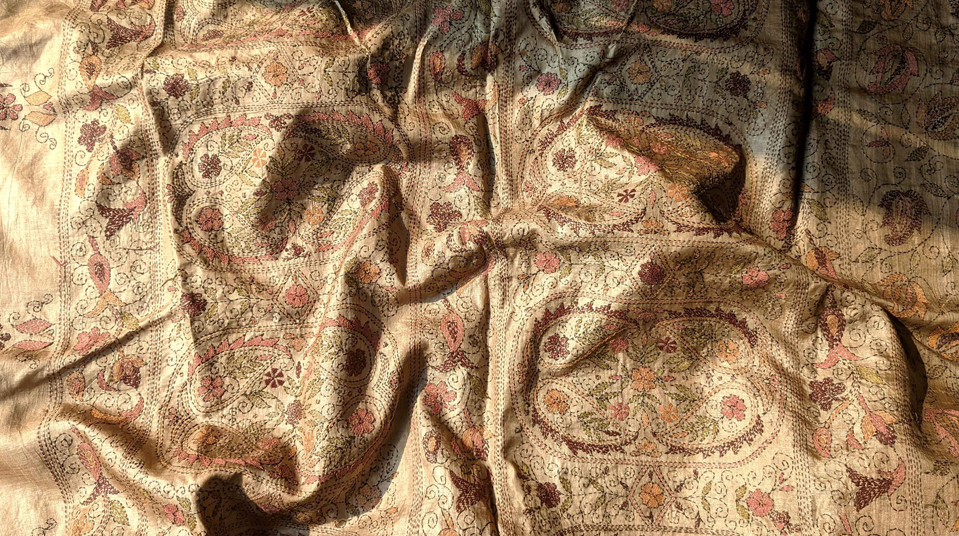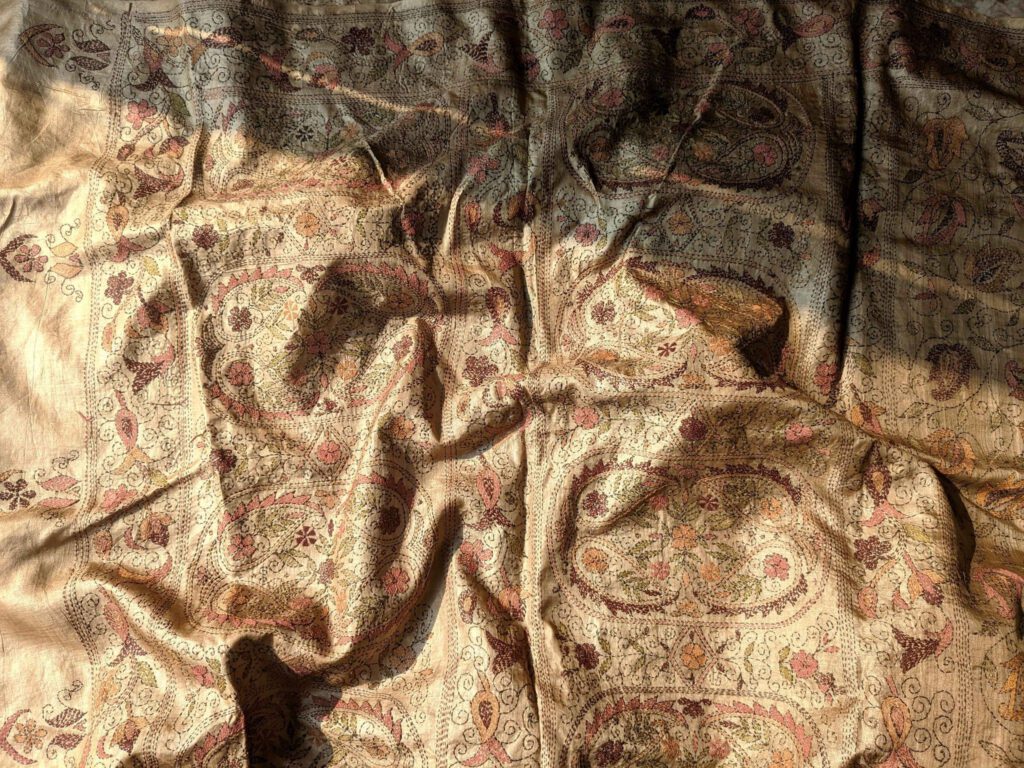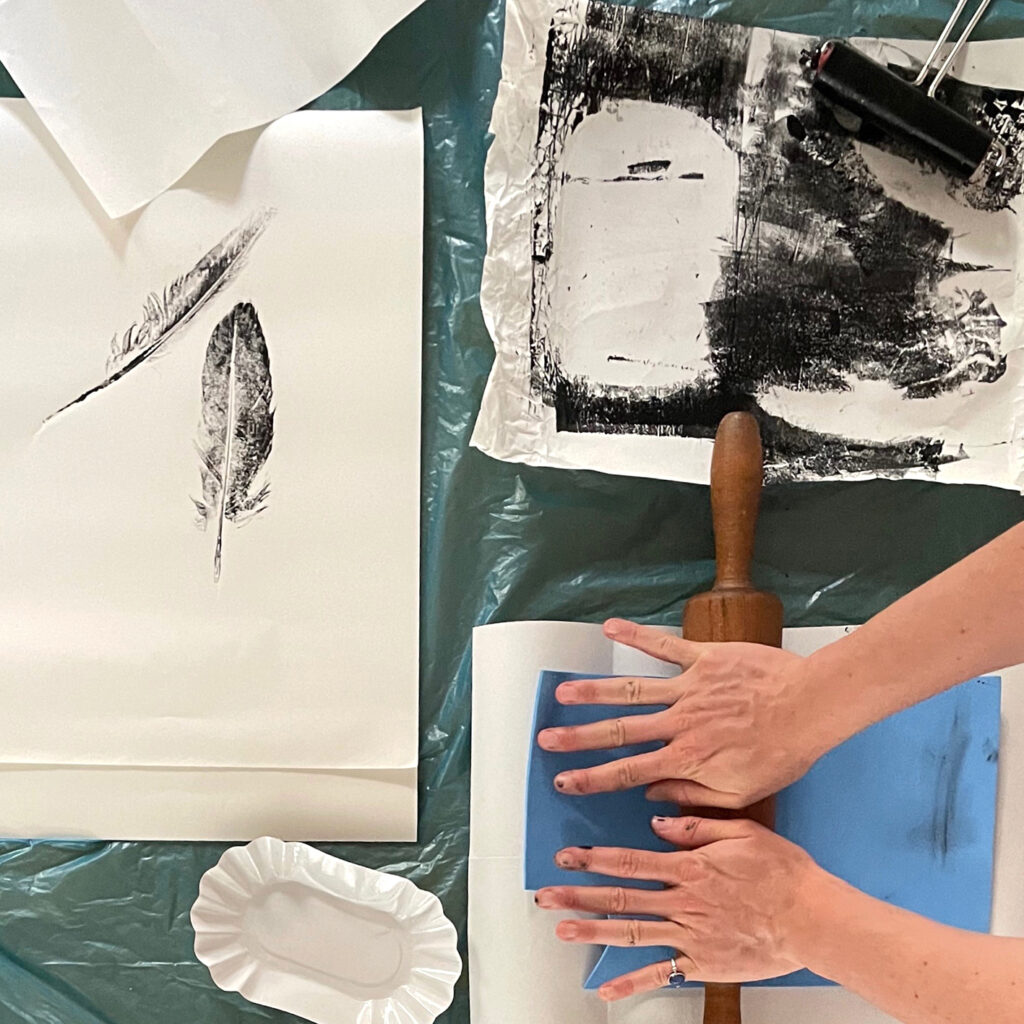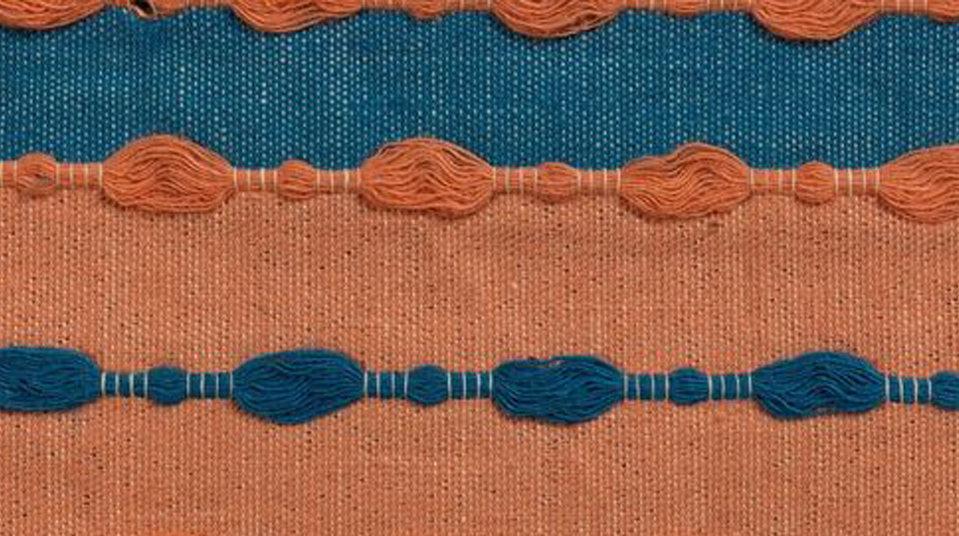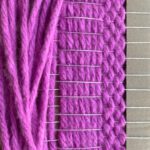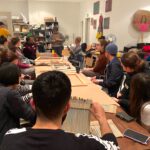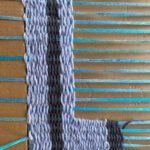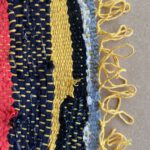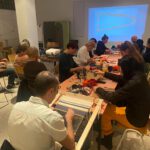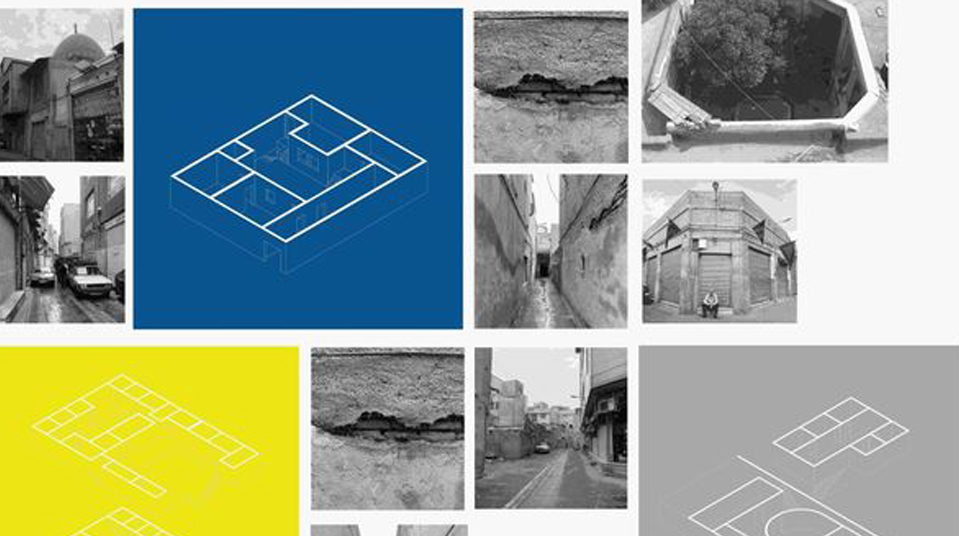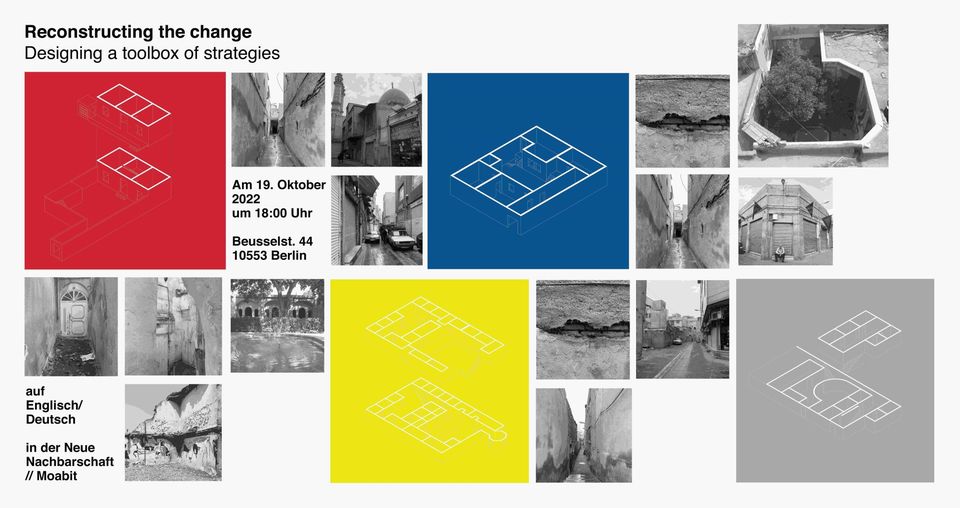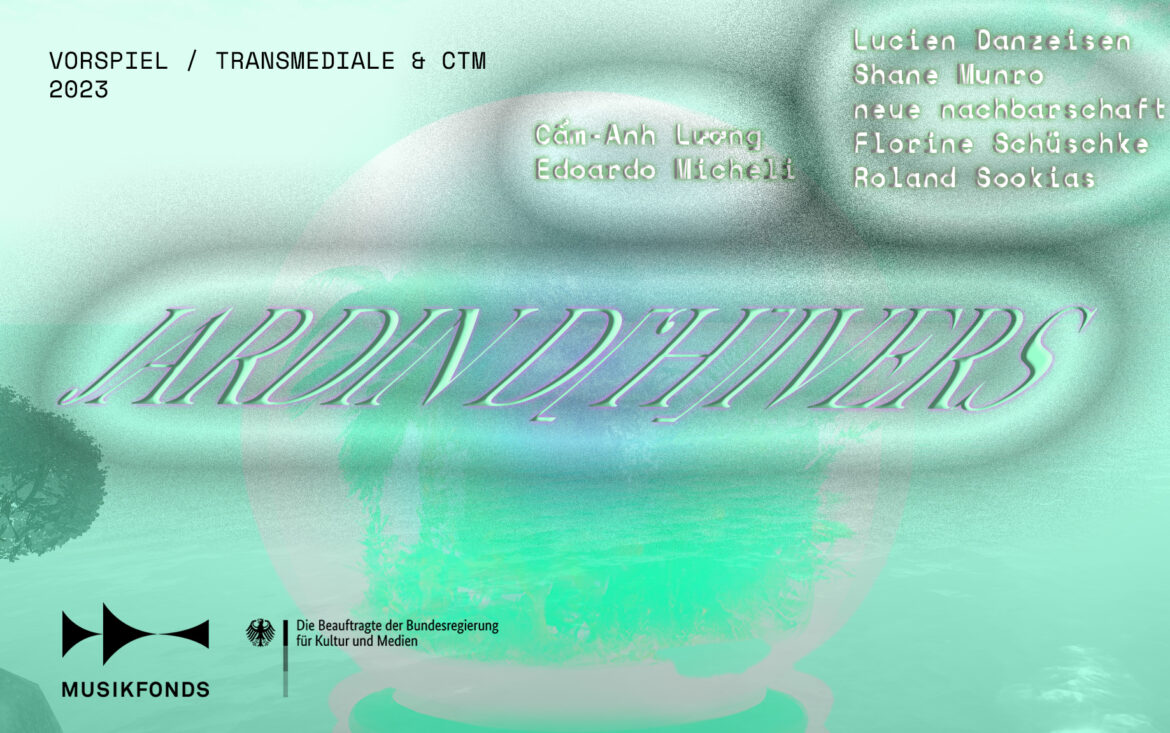
Eine zweitägige Veranstaltung über die Zerbrechlichkeit von Gärten, ihre Grenzen und ihre Abhängigkeit von dem Dschungel draußen. Es ist ein Versuch, eine experimentelle, virtuelle Welt zu kultivieren und zu eröffnen, in der wir die Machtverhältnisse zwischen allen Lebewesen und den Bewohner*innen der Welt jenseits dieser Unterscheidungen und Grenzen untersuchen.
Angeregt durch die Aussage des EU-Außenbeauftragten Josep Borrell: „Europa ist ein Garten, der Rest der Welt ist ein Dschungel“, ist JARDIN D[‚H]IVERS, ein Projekt des bildenden Künstlers Cẩm-Anh Lương, des Musikers Edoardo Micheli und der Mitglieder der Neuen Nachbarschaft/Moabit.
Mit einem Künstlergespräch, einer Spielinstallation, einer Klanginstallation, einer Kurzfilmvorführung und einem Klangworkshop über Ökoakustik und Klanglandschaftsökologie.
Konzept von: Cẩm-Anh Lương, Edoardo Micheli
Eingeladene Teilnehmer*innen: Lucien Danzeisen, Shane Munro, Florine Schüschke, Roland Sookias
Gefördert vom Musikfonds e. V. mit Projektmitteln der Beauftragten der Bundesregierung für Kultur und Medien. Im Rahmen von Vorspiel 2023
Adresse: Neue Nachbarschaft/Moabit, Beusslestraße 44, 10553 Berlin
PROGRAMM
Samstag, 21.01.23
17:30 – 19:00 Eröffnung, Präsentation und Gesprächsrunde mit dem bildenden Künstler Cẩm-Anh Lương, dem Musiker Edoardo Micheli, Lucien Danzeisen und dem Evolutionsbiologen Dr. Roland Sookias
19:00 – 21:00JARDIN D[‚H]IVERS – Eine Spiele-Installation – Cẩm-Anh Lương (Visual), Edoardo Micheli (Sound Design)
17:00 – 21:00 Klanginstallation von Lucien Danzeisen im Garten der Neuen Nachbarschaft Sonntag 22.01.22
Sonntag, 22.01.2023
15:00 – 20:00 JARDIN D[‚H]IVERS – Eine Spiel-Installation – Cẩm-Anh Lương (Visual), Edoardo Micheli (Sound Design)
mit Teilnehmer*innenn der neuen nachbarschaft Moabit e.V., Workshop-Leiter: Shane Munro
15:00 – 21:00 Klanginstallation von Lucien Danzeisen im Garten der Neuen Nachbarschaft/Moabit
20:00 – 21:00 Filmvorführung: „For Beauty, For Desire“, „after a while what is strange“ – Florine Schüschke
21:00 Uhr Soft Party
Lucien Danzeisen (*1989), geboren im Aargau (CH), besuchte das Young Composers Project (Künstlerhaus Boswil) und absolvierte einen Bachelor in Komposition (Josef Kost, Michel Roth, Bettina Skrzypczak) und Klavier (Yvonne Lang, Marc Hunziker) mit Nebenfach Cembalo (Bettina Seeliger) an der Hochschule – Musik Luzern (Abteilung Klassik). Schwerpunkte Komposition und Freie Im- provisation. Texte. 2012-2014 in Basel ansässig. 2014-2018 Studium Komposition an der Hochschule für Musik Hanns Eisler Berlin bei Hanspeter Kyburz, Masterabschluss mit Bestnote; wohnhaft im Berliner Wedding. Lehraufträge der UdK Berlin für FEM*_MUSIC*_: GATHER (Som- mersemester 2020), Berliner Arbeitsstipendium für Ernste Musik und Klangkunst (Juni-November 2020), Stipendienprogramm „Neustart Kultur“ (Jan.-Juni 2021), AdK Berlin Sonderstipendium „INITIAL“ (Kategorie: Young Artists) (Okt.21-Jan.22). Mitglied des Insubordination Meta Orchestra.
Cẩm-Anh Lương, geboren in Daklak (Vietnam), ist eine bildende Künstlerin und multidisziplinäre Designerin mit Schwerpunkt auf kollektivem Geschichtenerzählen und immersiven Medien. Sie studierte Jura in Hanoi und studiert Kommunikationsdesign an der HTW Berlin. Für sie ist das Sammeln von Erzählungen eine Strategie, um verlorene Erinnerungen aufzuspüren, die durch die Propaganda des Regimes, den Einfluss des westlichen Kolonialismus und die Stereotypen, die einem ostasiatischen Körper aufgeprägt wurden, entstanden sind. Cẩm-Anhs Arbeit wurde in Performances für die Berlin Biennale (2018), feldfünf Projekträume (2019), nGbK (2021), Vorspiel Berlin (2022) gezeigt. Mit *foundationClass*collective wurden ihre Arbeiten auf der documenta fifteen in Kassel präsentiert. Cẩm-Anh Lương lebt und arbeitet in Berlin.
Edoardo Micheli wohnt und arbeitet in Berlin als freischaffender Komponist, Musikpädagoge und als Produktionsleiter bei der Konzertreihe KontraKlang. Er hat Musikkomposition und Philosophie in Verona, Venedig und Würzburg studiert. Er schreibt gerne Musik für Instrumente in Kombination mit fixed-media und Elektronik, und arbeitet oft mit visuellen und digitalen Künstler:innen zusammen. Er interessiert sich für künstliche und natürliche Organismen, Ökoakustik und die Musik von nicht- menschlichen Lebensformen, aber auch für kulturelle Machtbeziehungen im kolonialen und postkolonialen Kontext, und für die Beziehung zwischen Tradition und Innovation.
Shane Munro Der in Belgrad geborene und in Berlin lebende Künstler hat in Nottingham, Cambridge und bei Tobias Rehberger an der Frankfurter Städelschule studiert. Neben zahlreichen internationalen Ausstellungsbeteiligungen arbeitet Munro auch kuratorisch, u.a. für den neu eingerichteten experimentellen Projektraum Green Room des Weltkulturen Museums Frankfurt.
Florine Schüschke 2012-2020 Studium der Architektur an der Universität der Künste in Berlin. Ihre Arbeit kreist sich um Städte und Verbindungen innerhalb von Städten, um Fragen, wem die Stadt gehört, dem öffentlichen Raum und einer nicht profitorientierten Stadt.
Roland Sookias ist Forscher an der Universität Lüttich in Belgien und war zuvor am Museum für Naturkunde (Berlin) und an der Universität Oxford (UK) tätig. Seine Forschung hat meist mit Evolution der Archosaurier – einer Tiergruppe, zu der auch Krokodile, Vögel und Dinosaurier gehören – über lange Zeiträume hinweg, ihre Beziehungen zueinander (Phylogenie) und ihre Reaktion auf Umweltveränderungen zu tun. Zurzeit sammelt er 3D-Scandaten von Fossilien, um deren Entwicklung quantitativ zu analysieren. Er hat auch im Bereich der kulturolinguistischen Evolution gearbeitet und hat einen MSc in nachhaltiger Entwicklung und einen in Methoden der Conservation und Taxonomie.

